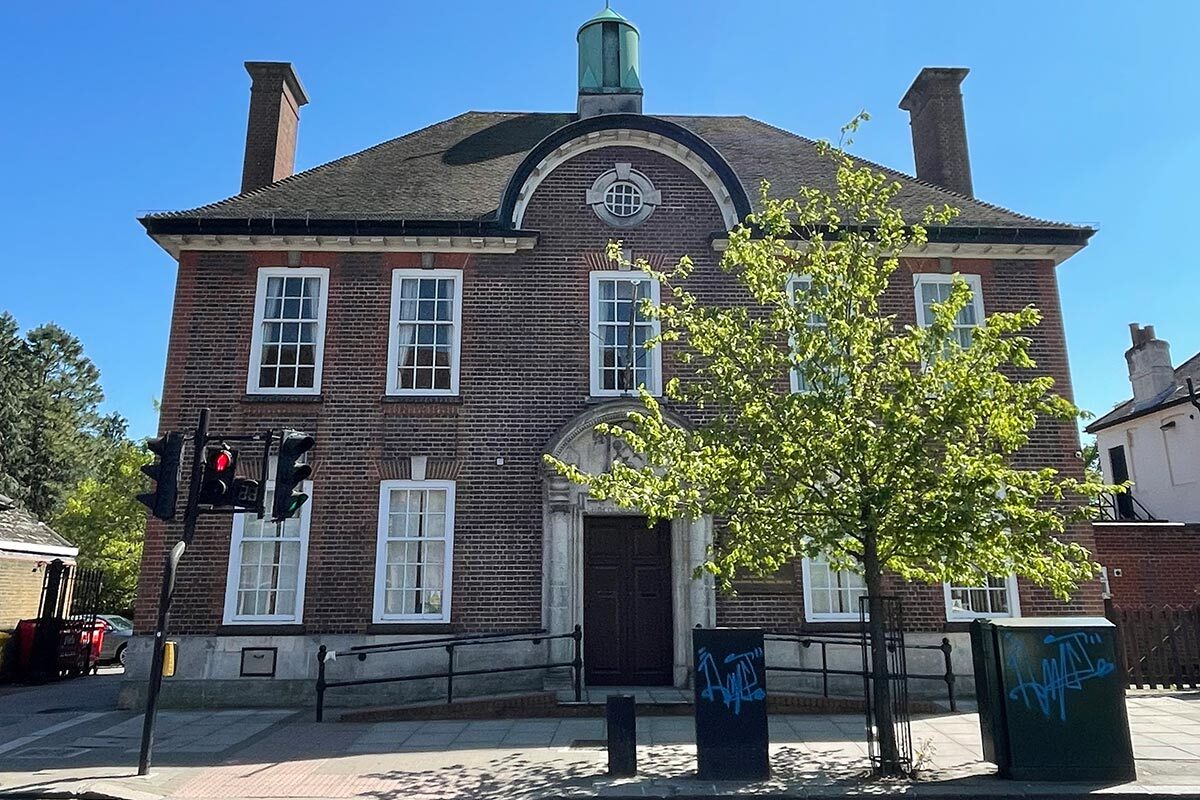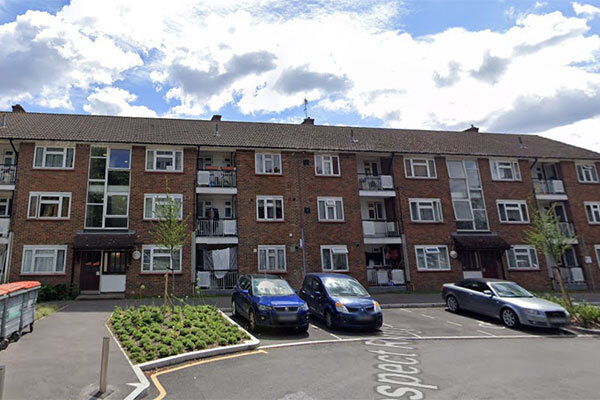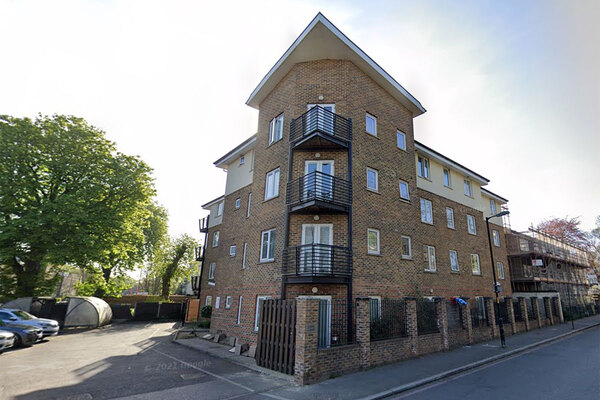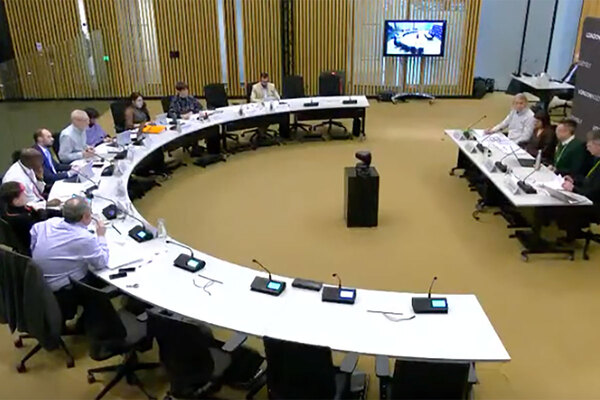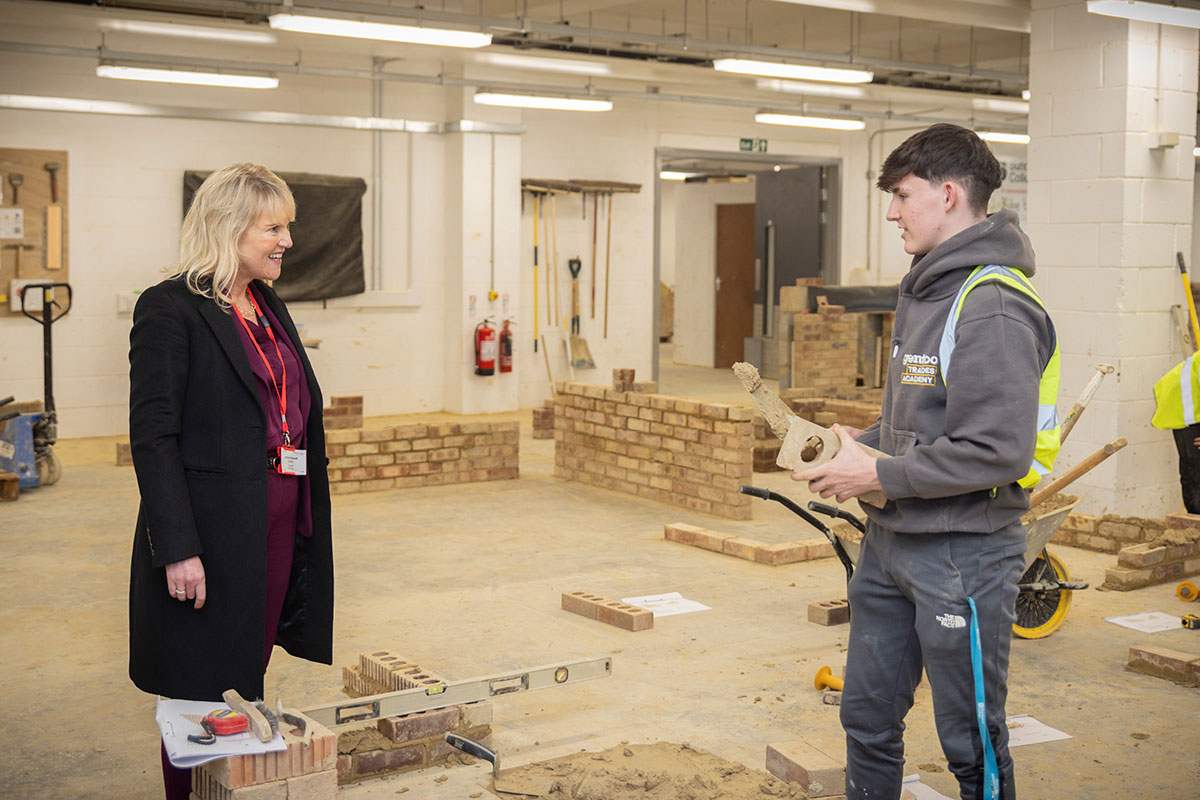Coroner delivers open verdict into the deaths of mother and daughter found in their north London council home
A corner has delivered an open verdict into the deaths of a mother and daughter who were found dead in their north London home last year after admitting he was “at a loss” to understand the tragic incident.
At the North London Coroner’s Court earlier today, coroner Dr Peter Henry Straker said he had to give an open verdict as the cause of death could not be ascertained due to the decomposition of the bodies.
Zarin Adatia, 84, and her daughter Tasneem Adatia (known as Tash), 48, were found dead at their Barnet Homes property following attempts to carry out an annual gas safety check on 24 November last year.
After they were found, residents in their block told Inside Housing in March that they had not seen their neighbours for around seven months before the bodies were discovered.
At the inquest today, Dr Straker read statements from two Barnet Homes employees.
Elliott Sweetman, group director of operations and property at Barnet Homes, explained that the landlord sent the first of six letters in an attempt to contact the tenants about the annual gas safety check in September – two months before their bodies were found.
Housing associations have a legal obligation to complete the check under the Gas Safety (Installation and Use) Regulations 1998. The landlord also attempted three phone calls and attended the property on three occasions.
An email exchange with Mr Sweetman also revealed that a senior manager had spoken with the caretaker of the building, who confirmed that residents had made him aware of the concern they had about their neighbour’s welfare in around Easter in 2022.
The caretaker had attempted to check the windows for signs that someone was in and attended the property several times in the following months, but could not find any reason to be suspicious despite his concern.
The coroner heard there was an “assumption that they had gone on holiday”, but it was not clear why.
Scott Doman, gas supervisor at Barnet Homes, explained that there were two gas appliances and a meter positioned outside the property, which was subsequently capped to make the house safe due to being unable to contact the mother and daughter.
There were also two carbon monoxide alarms in the property, but Mr Doman said that a search of the landlord’s records found that the alarms had not been activated.
Police constable Asad Iqbal appeared via video link and described searching the property after plain clothes detectives had looked around the flat and found no reason to be suspicious about the deaths.
Farah Mehta, the sister of Tash, questioned Mr Iqbal about his role in tracing a living relative after their deaths were deemed non-suspicious, but he explained they were recorded as each other’s next of kin.
He said there was a fan switched on in the living room where the bodies were found. On a table next to Tash, he found her mobile phone and three or four opened sachets of co-codamol. The property had no signs of disturbance and there was no suicide note.
The coroner’s court also heard that a post mortem was unable to ascertain a cause of death because of the length of time that passed, which made the examination challenging.
For the same reason, it was not possible to obtain a toxicology report. As a result, the coroner said it was only possible to infer what happened from the remaining evidence.
Tash did have a referral for Woodlands Medical Practice, but the coroner said he did not think there was anything of significance in her attendance record that was provided by her GP.
The coroner’s court heard that Tash had been seen by Whittingham NHS Trust in March last year due to fatigue and was found to be hypoglycemic. She was given insulin and intravenous fluids and was advised to stay overnight to be monitored, but self discharged so she could return home to care for her mother.
A second letter read by the coroner was from a specialist nurse at the hospital’s endocrinology department, which informed Tash of her type two diabetes. But as the nurse was unable to make follow-up contact with Tash, she was discharged back to her GP.
As part of the coroner’s investigation, the Barnet, Enfield and Haringey Mental Health Trust was contacted, but neither Tash or her mother had any contact with the trust.
Towards the end of the hearing, the coroner had a frank exchange with Ms Mehta about what she believed could have happened based on her relationship with her mother and sister, as well as her subsequent access to Tash’s phone and medical records.
Dr Straker admitted being “at a loss” to reach a conclusion in a “tremendously difficult case”, which meant he was “left purely with speculation which I’m not entitled to”.
Ms Mehta said she found out from her sister’s local chemist that she had stopped ordering a prescription in April, but was told by the chemist that she was “meticulous” when it came to picking up any medicine.
She said there was nothing in Tash’s phone that suggested she was suicidal, therefore Ms Mehta speculated that her death could have been a diabetic coma. She said her mum was unwell and not very mobile, which is why Tash was her carer.
She described Zarin’s health issues as “ailments” that affect anyone who lives into their eighties.
Dr Straker said that when he took the case, his initial thoughts were that it could have been natural causes or suicide, but also said there is a possibility of a simultaneous passing. But, again, as this was speculation.
He told the family in attendance that it “has to be” an open conclusion and that he would record a factual statement in his report that says “they were found together in the same room” and had died at their home address sometime before 24 November 2022.
Sign up for our daily newsletter
Already have an account? Click here to manage your newsletters
